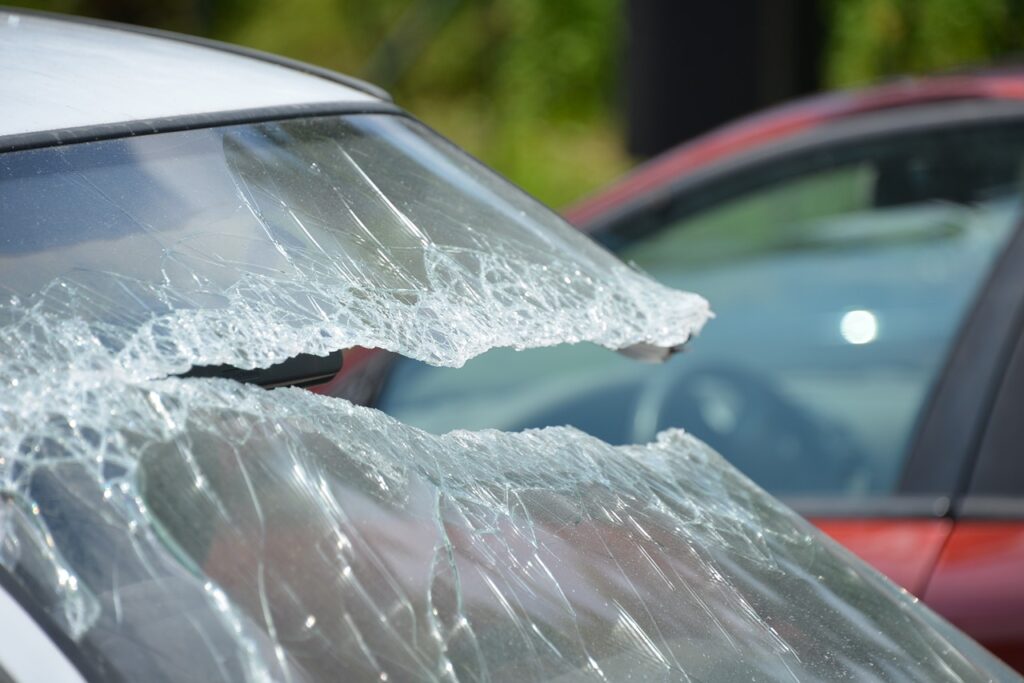Yes, With A Few Catches
Insurance can be expensive, but it doesn’t necessarily have to be. The way you pay for your insurance can impact what you pay overall. Yes, it is entirely possible to pay with a credit card, though that may be a slightly more expensive proposition. Do it right, and you’ll save, though. With credit, you can pay for annual insurance in one lump sum. That will save money.
If you’re paying for insurance month-to-month, you’ll likely pay a few hundred dollars more per year than you would otherwise. Pay for everything at once and save that money. Just saving $200 per year saves you $2,000 over ten. It’s a move that’s worthwhile. However, sometimes people don’t have the funds immediately available.
This is one area where getting a credit card, and using that to cover the cost upfront, is worth the added cost. Not all credit cards will “hit you” with additional expenses, but many will have some sort of minor convenience fee. The thing is, that fee is a lot less than what you would pay if you handled insurance on a month-to-month basis, as so many choose to.
It’s Imperative To Pay Off Your Credit Card Bill On Time
The big issue is paying off your credit card on time. Essentially, you’re making a withdrawal from “future” money that you don’t have now. As long as you’re able to pay off your credit card bill every month, you’re in good shape. However, there are interest fees involved, and you can rack up an ongoing debt if you’re not careful.
Still, the additional debt you may accrue by not paying off the total debt immediately will take a while to become more costly than the added expense of paying for insurance on a month-to-month basis. If it’s only $30 more to pay monthly, that’s $360 a year. Interest on insurance payments paid in advance for a year is usually less than $360.
Certainly, it will depend on how much credit card debt you have. The higher the debt, the higher the interest payment. You can get to a point where all you’re paying in every month is interest, and the principal debt is never reduced. That’s problematic, but if you’re dealing with financial issues, it can be a way of staying above water in modern society.
Good Credit Doesn’t Always Mean Solid Finances
While it’s always wise to pay off debt as soon as possible, there are reasons to keep debt around a little while. A great example is actually building credit. When you pay off what you owe on time, that is good for your credit score. So though paying for your auto insurance in one lump sum upfront may require more money than you have, you’ll have better credit.
It’s a bit paradoxical, but that’s how the system works. And collateral benefits exist as well. For example, certain insurance can cover necessary repairs. Insurance can cover the replacement of a windshield; though companies may recommend certain replacement options. One business with solutions many insurance companies accept is glass.net.
Different insurance groups have different requirements in terms of who can or can’t help repair a vehicle. That said if you’re without funding to get the work done from your resources, having insurance paid through a credit card will allow you to have a higher standard of living than you would otherwise. You can have your car, and maintain it too.

The Credit Score Component
Something else to consider here is how your credit score ultimately affects the cost of insurance. If you’ve got a bad credit score, you may have to pay more for basic insurance than if you’ve got a solid credit score. A great way to legally “hack” the system is paying off bills with your credit card.
By paying things off on time, you increase your credit score. By increasing your credit score, you decrease the overall charge a potential insurance company may require to insure your vehicle. That’s a win-win, especially if you’re in a tight spot.
The Value Of Paying Insurance In Full
The key is this: if you’re going to buy insurance for your car (which by many accounts is a legal requirement; though there are areas of the country where this isn’t necessarily the case—Virginia and New Hampshire come to mind), you are wise to “pay in full”. This is less risky and less expensive for insurance companies. Often, it means you’ll get a discount.
However, if you don’t pay your credit card off on time, then you’re simply expanding and extending debt. Ultimately, this can start to harm your credit score. While a good credit score reduces the insurance rate available to you, a bad credit score can increase it. So it’s imperative to pay credit card debt off as immediately as possible.
At a minimum, you should figure out what the exact amount is you can pay to keep your credit score from dropping, then never go below that figure. In such of way, you can extend a line of credit indefinitely, gradually expanding what buying power you’re able to take advantage of.
There’s plenty of convenience to going the credit card route for insurance payments, though. You can save time and money, and rest assured that you haven’t incidentally missed a payment. If you miss an insurance payment, there can be a fee involved, and you may even find coverage lapses when there’s some unexpected accident.

A Bevy Of Advantages And Potential: Just Pay It Off In Time
So to review: credit cards can be used to reduce the overall cost of insurance, they’re convenient, paying annual insurance bills off with a credit card upfront increases your credit score, and coverage won’t lapse within a year if you go this route. A bonus advantage is being able to get better insurance at a reduced cost.
A year of liability insurance paid in full may be under $500. The same in terms of comprehensive insurance it may be $1,000 or much higher. But if you pay everything off in advance, you can acquire better insurance at a reduced cost. Sure, you’re still paying more than a simple liability, but you’re getting more as well.
A comprehensive insurance package including roadside assistance and a tow package may pay for itself in a single instance. Say you’re insuring an RV and need a tow because of an engine issue out in the boonies. That tow bill can be $500 to $1,000, easy. With a tow package acquired in advance through insurance, you can side-step that bill.
If you can’t afford comprehensive insurance upfront, using a credit card may give you the ability to onboard such coverage. So yes, you can pay for your insurance with a credit card and there are notable advantages from many unique angles; you just want to be careful that you don’t get in over your head. Paying off associated debt on time keeps you in “the clear”.

